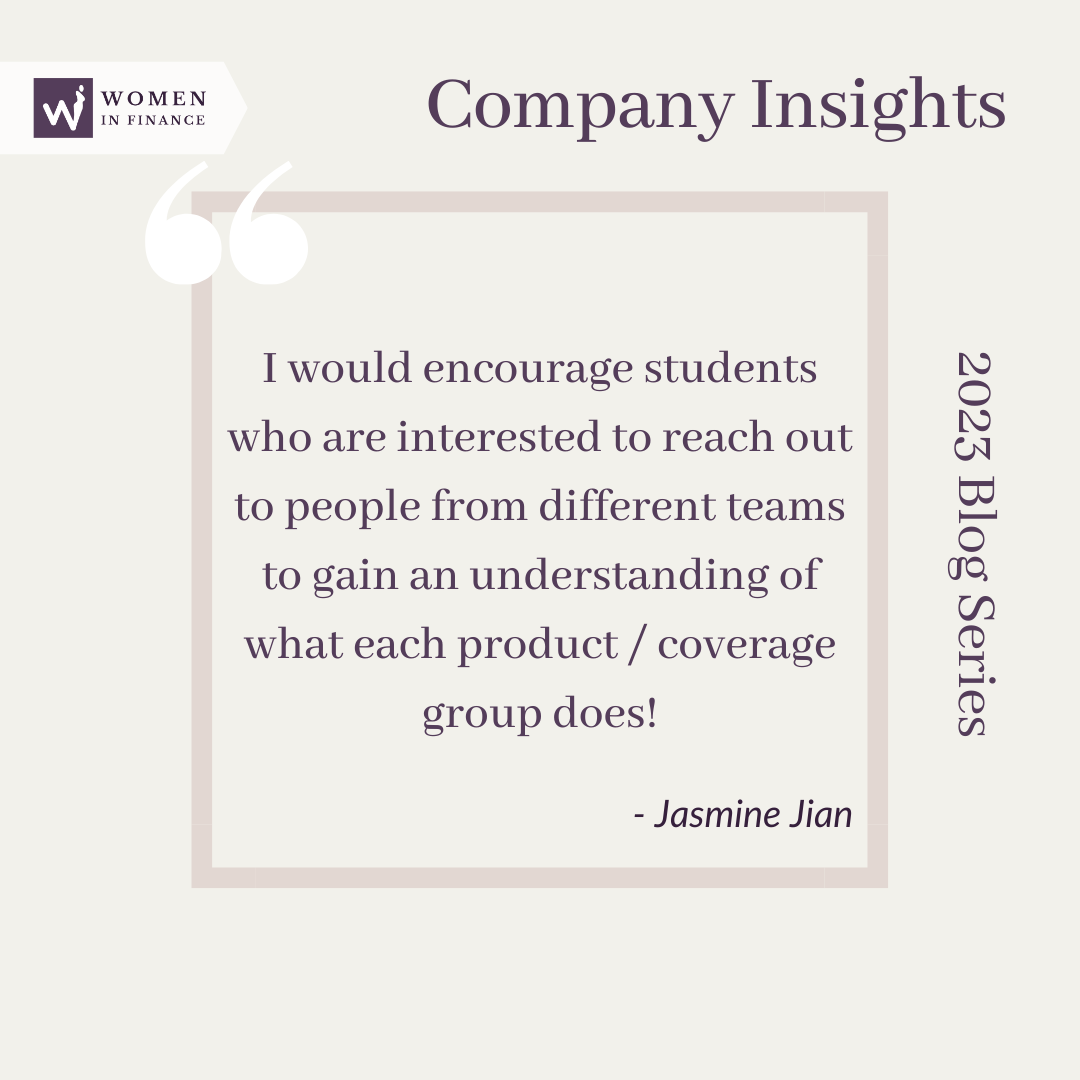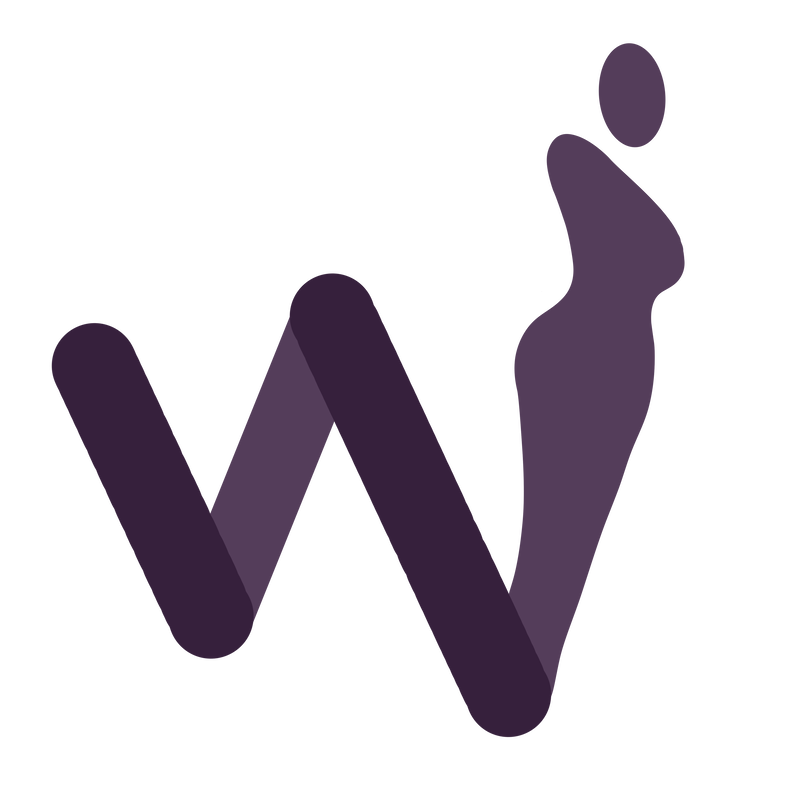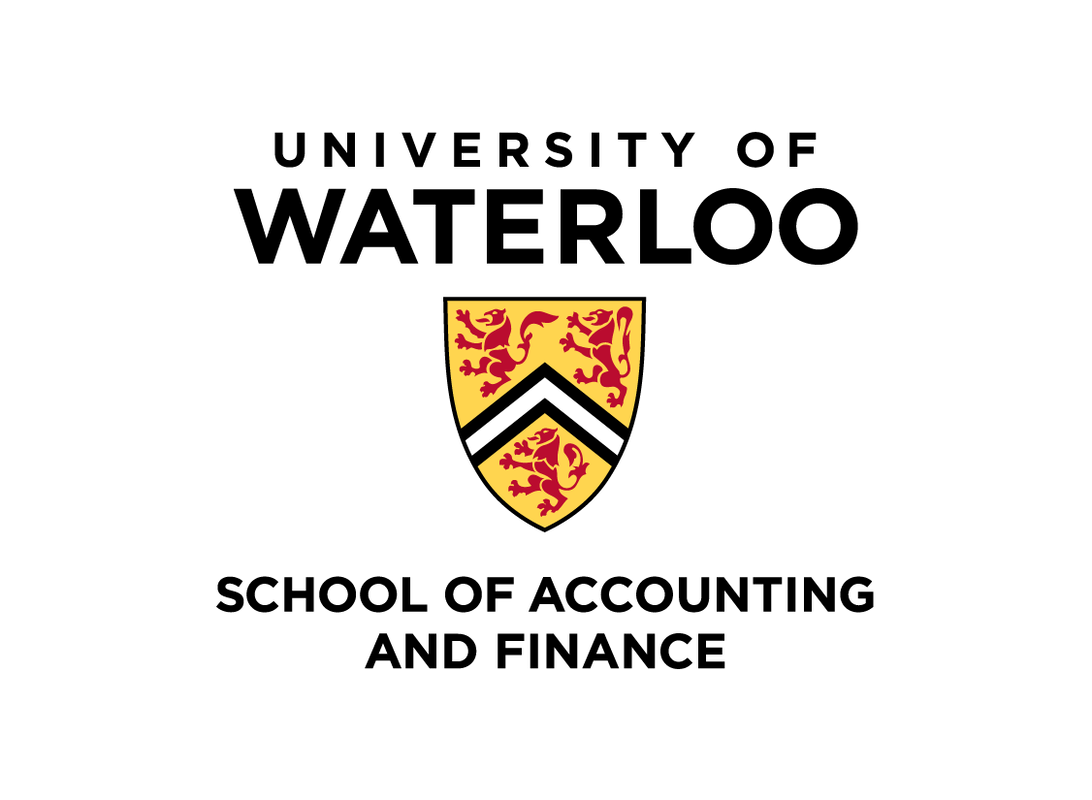Introduction
Recruiting Preparation
While I was recruiting, I spoke with individuals from a variety of banks. As cliche as it sounds, I felt like the culture and people at CIBC set the team apart. Work at the junior level doesn’t differ much across different investment banks for the most part, so the team that you’re working with is what makes the experience.
I wanted to work in Metals & Mining because it’s one of the most active industries in Canada and has significant deal flow. I also wanted to learn how to model real assets, so it naturally seemed like a good fit for me. Now that I’ve worked with the team for over a year, I’ve come to really enjoy the sector due to its growing significance to the energy transition, and the fact that metals are one of the often overlooked building blocks that we see in essentially everything around us.
When preparing for the role, I studied the technicals, got to know the team, and did mock interviews. I personally found that mock interviews with upper years were the most useful!
Recruiting Experience
My recruitment process involved a first-round interview, a superday, and a team-specific final round interview. I was recruited for a winter co-op and received my return offer after that. My interviews were heavier on the technical side. Everyone was incredibly welcoming and supportive throughout the process and I thoroughly enjoyed meeting different people throughout my recruitment experience.
Onboarding Experience
With a demanding role like this, there is often a steep learning curve. Even with prepping, training, and other typical onboarding procedures, you typically learn most of the tasks on the job. Luckily, our group is full of very patient people who helped me navigate this learning curve, and I picked up all the requisite skills throughout my time on this team. Nobody is perfect when they first start, but the team is full of very understanding, helpful, patient, and friendly people who help you grow and become the best and most competent version of yourself. My initial impression of the group (which still holds true!) is that we’re a very friendly group that works hard but also knows how to kick back and create a fun and relaxing environment in the pit.
Company Culture
I could list out all the different values that CIBC aspires to live by, but I think it fundamentally comes down to there being a very real and tangible push from the top about setting a positive culture. Everyone on my team is supportive of one another, and there is a great deal of collaboration amongst individuals, groups, and the firm as a whole. Whether it be how analysts work with one another, or how one group collaborates with another on a deal, or how we as a bank work with other banks on engagements, the focus is really on being supportive and getting good work done.
One instance I’ve seen of this is on a major deal that CIBC was advising on that required the collaboration of 4+ different groups throughout the bank. I was proud to see how well each of the groups worked with each other and got the deal announced (for anyone interested, this was for Cameco / Brookfield’s joint acquisition of Westinghouse!).
|
Advice for Students I’d say advice for recruiting for banking is pretty broad and generalizable to most banks, including CIBC. There are the basic things – keep a good GPA, have strong extracurricular experiences, and do the technical preparation via the guides and a variety of other resources out there. Additionally, try to find internships where you can gain experience that relates well to the skills needed in banking – working in Excel and PowerPoint, strong attention to detail, and working on deals. I would encourage students who are interested to reach out to people from different teams to gain an understanding of what each product / coverage group does! |




